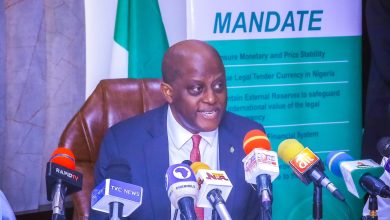Insecurity Hurts Revenue on Abuja-Kaduna Rail Route as Lagos Blue Line Set to Commence Operations

The Nigeria Railway Corporation has continued to witness a significant decline in the monthly revenue generated from train services on the Abuja-Kaduna rail line. This was disclosed by the Managing Director of , Engr. Fidet Okhiria Monthly earnings have plummeted from N500m to just N1m. This drop resulted from last year’s incident in which bandits abducted numerous passengers, who were later released after paying an unspecified ransom. The train service currently operates only two return trips compared to the ten we used to before the incident. The service used to run extended operating hours but has since restricted its operation to 6 p.m. The Nigerian railway system has failed to expand in line with the freight and passenger movement volume, increasing the dependence on heavy-duty trucks. Railways in Nigeria consist of a 3,505 km Cape gauge national railway network and 669 km of standard gauge, none of which is electrified. Analysts highlight the need for adequate security features like scanners and surveillance cameras in transit stops, routes and public infrastructure.
Shifting the focus to the railway sector in Lagos, the Lagos State government has announced the commencement of passenger operations on the 27km Blue Line Rail starting Monday, September 4. Governor Babajide Sanwo-Olu stated that partial passenger services will begin on September 5, with morning and afternoon peak hours. The initial operation will feature 12 daily trips for two weeks, eventually scaling up to 76 daily. Sanwo-Olu also highlighted the robust security measures in place, with more than 300 CCTV cameras across the entire rail system, including over 30 cameras dedicated to monitoring the tracks. Command and control centres are established in all stations along the route. The governor urged Lagos residents to take ownership of the project and protect it from vandalism or disturbances. Analysts’ computation shows that Lagos State can add N11bn to its monthly Gross Domestic Product (GDP) by providing intermodal transport. However, Analysts worry about the lack of transparency about the completion of the project, an issue that may be associated with the time to completion of the project.







